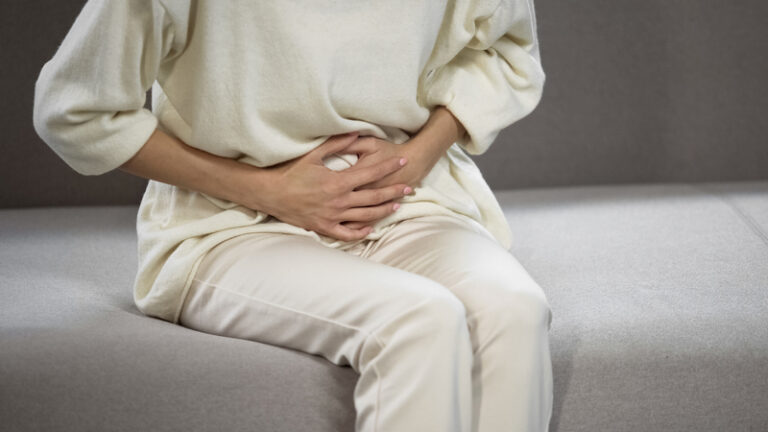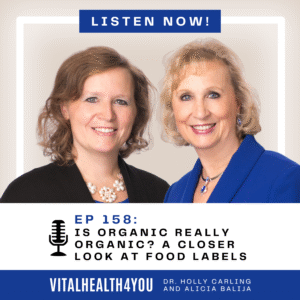Today we seem to treat the gallbladder like a worthless organ that is easily sacrificed. Yes, fortunately, we can live without a gallbladder. The question is, how well?
Far from being a worthless organ, the gallbladder is a necessary neighbor to the liver. The liver, which is frequently overwhelmed with toxins due to our industrialized nation and due to metabolic wastes from our own body, needs to dump its toxins into the gallbladder to be released into the intestines for removal from the body. It also is necessary for bile release.
When food moves out of the stomach into the upper end of the intestines, called the duodenum, the receptor sites on the walls of the duodenum send a message to the gallbladder and pancreas to release their enzymes. The pancreatic enzymes help to metabolize fats, proteins and carbohydrates, as well as to neutralize the stomach acids. The bile from the gallbladder breaks fats down into fatty acids, which then are absorbed for many uses by the body.
The gallbladder is a muscular sack that accumulates bile. After consuming fatty foods, when the food enters the duodenum, the gallbladder contracts, squeezes out its beautiful green bile, when then coats the fat, emulsifying it for further use. After a gallbladder is removed, the occasional drip that is present when the fat is in the intestines can only emulsify a fraction of the fat.
People who have gallbladder challenges often get digestive upset when eating fatty foods. They also tend to lose their taste or desire for meat. But as with all muscles in the body, using them strengthens them. Many vegetarians get challenged with gallbladder problems as a result of omitting meats from their diet. However, if the gallbladder is flared up, it really is a good idea to not eat meat or fat that may challenge it, until the problem is corrected.
The answer? Get the problem fixed. We are Health Detectives. We look for what went wrong in the first place (hint, it usually started further up the digestive system, but not always). Then we use a combination of acupuncture, herbal remedies or nutritional supplements, and a wise healthy diet to take care of the underlying problem.
Fats are essential to a lot of functions in the body – you need them to make hormones (sex hormones, “happy” brain hormones, pain hormones, anti-inflammatory hormones, etc.), to make brain cells, to give structural integrity to your blood vessels and blood cells, for immune function and much more. If your amazing gallbladder isn’t working right, any number of these functions could be at risk. Gallbladder already gone? Call us. We have solutions for that as well.
©2017 Holly A. Carling, O.M.D., L.Ac., Ph.D.
Medical/Health Disclaimer: The information provided in this article should not be construed as personal medical advice or instruction. No action should be taken based solely on the contents of this article. Readers should consult appropriate health professionals on any matter relating to their health and well-being. The information and opinions provided here are believed to be accurate and sound, based on the best judgment available to the author, but readers who fail to consult appropriate health authorities assume the risk of any injuries







